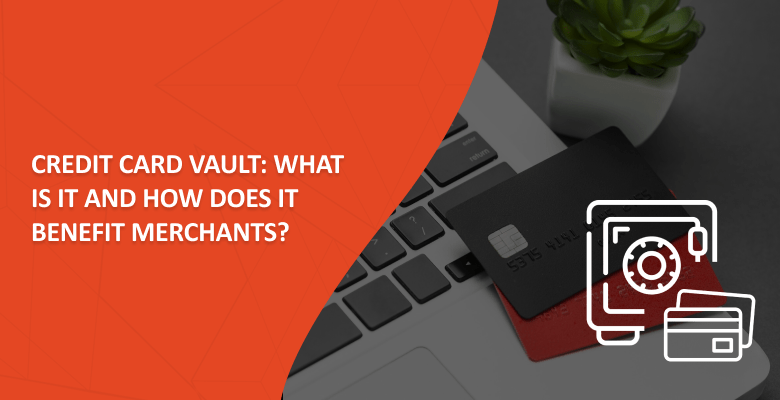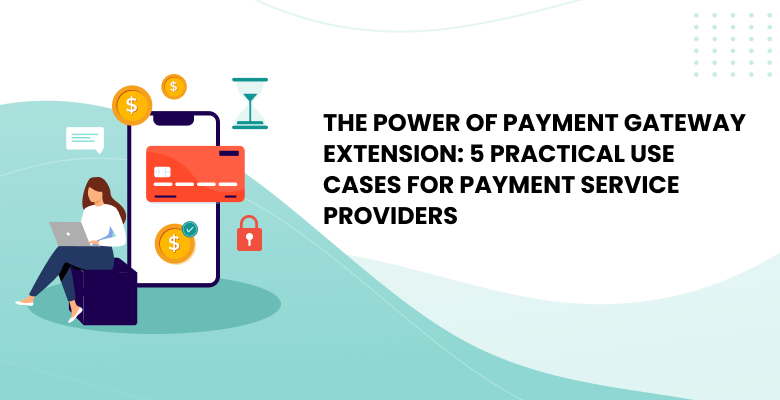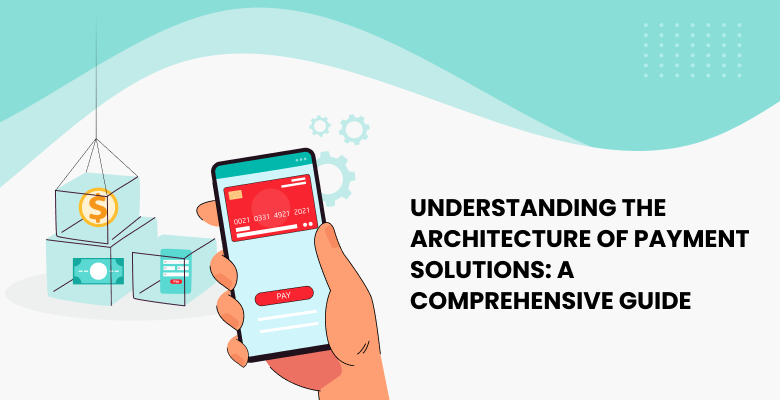
Storing customer payment data has become harder for merchants in recent years as the number of security requirements is growing exponentially. From merchants’ perspective, it’s cumbersome to store payment information on their own platforms, as they will be the ones bearing the responsibility for data security. In contrast, for customers, re-entering their payment information every time a purchase is made adds an unnecessary layer of complexity. That’s why a secure credit card vault or a credit card storage vault becomes a vital solution for modern businesses.
Fortunately, merchants can avoid overburdening themselves with data storage without losing potential customers. The solution lies in leveraging a credit card vault. In this article, we’ll explore what card vaulting is, the benefits it offers merchants and their customers, and the options for secure data storage in a modern market.
What is a Credit Card Vault?
A credit card vault is a security mechanism used to safely store and manage credit card information.
Simply put, it’s a mechanism that replaces a Primary Account Number (PAN), cardholder’s name, and card expiration date with a randomly generated token for safe storage inside the system. This enables customers to make online purchases without having to re-enter their payment information over and over again.
Credit card vaulting is commonly used by businesses that handle recurring payments and multiple transactions, where maintaining a vaulted credit card system improves both security and user experience. Its primary goal is to enhance data security and comply with the Payment Card Industry Data Security Standard (PCI DSS) standards required to process online payments.
Benefits of Using a Credit Card Vault
Card vaulting brings many benefits to the table. They include:
Increased transaction security
According to the PCI Security Standards Council, the penalty for security breaches ranges from 50,000-500,000$ per month. With penalty rates being sky-high, it’s vital for every business to handle their customers’ payment data responsibly. Credit card vaults are indispensable in this regard. They use the latest encryption and tokenization technologies to protect customers’ sensitive data during processing and storage. It’s part of understanding how do credit card transactions work credit vault style — emphasizing secure flow and reduced risk.
Reduced scope of PCI DSS compliance
In case merchants accept payments directly through their website or application, it’s mandatory for them to comply with PCI DSS. Obtaining certification requires lots of time and resources. Therefore, simplifying this process would be helpful. While a credit card vault is not mandatory for PCI DSS compliance, it provides tools that mitigate risks and reduce the complexities of protecting sensitive payment data. In this way, it reduces PCI DSS compliance scope.
Reduced liability
Another significant advantage of credit card vaulting is that it helps businesses minimize merchants’ liability in the event of a data breach. Since sensitive data is tokenized and encrypted, it remains incomprehensible to fraudsters should they gain access to it. So, customers’ payment data will remain confidential even if the payment system gets compromised.
Streamlined checkout process
Based on 49 different studies on e-commerce cart abandonment statistics, the average abandonment rate is 70.19%. The latest quantitative study of abandonment reasons conducted by the Baymard Institute found that 22% of users abandon their carts due to the too long and complicated checkout process. Here’s where leveraging a customer credit card vault might make all the difference.
With customer payment data being tokenized and stored securely in a vault, customers won’t need to re-enter their credit card information every time they make a purchase. Thus, it will eliminate extra steps during checkout, making it smoother and more convenient for users to finish their purchases.
Simplified recurring payments
Businesses that provide subscription-based goods and services, including streaming and gaming platforms, music and cloud services, etc., can gain a lot from card vaulting. The payment data of their customers securely stored in the vault will be seamlessly used for subscription payments, eliminating the risk of failures and reducing the likelihood of fraud.
How Credit Card Vaults Work
Credit card vaulting works by using encryption and tokenization technologies. Encryption is a technology that converts customer payment information into a secure code that can only be deciphered with a specific decryption key. Its primary purpose is to transfer data securely between the main payment players during transaction processing, preventing fraudsters from accessing it.
The tokenization mechanism works by replacing the customer’s credit card data with a unique identifier called a token, which is then stored in a credit card storage vault as an added security layer. A token is a string of random characters that replaces the actual payment data. It’s used for secure data storage. While encryption itself is a powerful technology, the encrypted payment data can be decrypted and used in malicious acts if the description key is compromised. In turn, a token has no relation whatsoever to the user’s actual payment information. This makes it irreversible.
To learn more about tokenization, check out our dedicated article below.
After the customer gives permission to store their payment information, the encrypted data and tokens are kept in the credit card vault. The vault is hosted in a highly secure, PCI-compliant environment protected by multiple layers of security. Access to the vault is restricted, allowing access only to authorized personnel.
Options for Storing Cards
When you’ve recognized the importance of card vaulting, the next question arises: where to store it? There are several options for storing encrypted and tokenized data.
On your custom infrastructure
Merchants can set up and manage a credit card vault on their own infrastructure, handling security and compliance aspects in-house. In this case, they’ll have complete control over the data and won’t be dependent on third parties. However, to store customers’ cards in their own vault, merchants must have the resources for the latest security technologies. They also have to be compliant with PCI DSS and other regulations, which can be extremely costly. Another crucial aspect they need to consider is their liability, meaning that responsibility for a data breach or security compromise will fall on them.
With a payment software provider
There’s a simpler alternative for merchants working on third-party payment systems: store customers’ credit card data with a payment software provider. Companies specializing in online payment management are already compliant with PCI DSS. They commonly offer solutions that handle encryption and tokenization on the merchant’s behalf. Although this option restricts flexibility to some extent, it can be a more manageable solution for companies as it requires zero development costs and outsources much of the risk and compliance burden to vendors, along with the liability. Additionally, payment software providers use complex fraud-prevention technologies, including built-in anti-fraud filters and partnerships with third-party risk-scoring providers.
Using third-party credit card vault
Another option to store customer payment information is leveraging a third-party credit card vault service. Opting for a third-party credit card vault is a process of entrusting your customers’ payment information to a specialized service that focuses specifically on securely storing and managing payment data. Such services ensure high levels of security and are fully compliant with industry standards. Yet, it’s also necessary to consider that integrating with a third-party credit card vault can add another layer of complexity to merchants’ operations. This means they’ll need to manage and coordinate with an additional vendor, potentially complicating customer support, data reconciliation, and overall system integration.
Advantages of Using Payment Software Providers’ Credit Card Vault
Storing customers’ credit card data with a payment software provider is the most simple option available. In addition, it offers many benefits for customer payment information management and security.
Advanced encryption and tokenization technologies
As payment software providers offer their services to a vast network of merchants, they typically use the latest security measures, such as tokenization and encryption. Plus, as they are liable for payment data security, they must comply with PCI DSS and other regulatory standards that govern payment processing.
Zero development cost
First and foremost, merchants save both time and money by not having to create their own credit card vault. Moreover, many businesses choose to avoid the complexities of processing payments directly on their websites. By leveraging a payment provider’s platform, they won’t need PCI DSS certification and regular renewals. This will save them tens of thousands of dollars.
No need for an additional credit card vault vendor
By storing credit card data with payment software vendors, businesses eliminate the need for separate third-party credit card vault services, which also reduces costs. Furthermore, this approach removes the extra layer of complexity associated with coordinating with another service provider, streamlining the payment management process.
Simplified vault services integration
Payment software providers typically provide Application Programming Interfaces (APIs) integration to connect their vault services with your existing business systems, such as e-commerce platforms and accounting software. This makes integrating with the card vaulting hassle-free.
Akurateco’s Credit Card Vault Solutions
Akurateco is a cutting-edge white-label software vendor that offers a PCI DSS-compliant payment platform with a built-in credit card vault. Designed with both security and convenience in mind, Akurateco offers a vault that is not dependable on a single payment provider and can be exported on demand.
The platform employs advanced encryption and tokenization features to safeguard cardholder information against unauthorized access. Moreover, Akurateco’s solution is built to scale easily, handling growing transaction volumes at any scale. This flexibility enables businesses to expand globally without compromising on security.
Akurateco also provides assistance with PCI DSS compliance for businesses that require adherence to the standards for their operations. With the platform partnering with top-tier Qualified Security Assessors (QSAs), our experts provide detailed guidance throughout the compliance journey, from preparing the necessary documentation to achieving PCI DSS certification.
Conclusion
While security concerns of regulatory bodies across the world are extremely prevalent, so is customers’ need for a seamless checkout process. In order not to lose customers at the payment stage while maintaining the security of payments at a high level, businesses rely on credit card vaults. The easiest way to store customer card information securely and hassle-free is to leverage a credit card vault offered by a payment software provider. Additionally, businesses that operate a credit card machine business can integrate these vaults to streamline their payment processing and ensure customer data is protected at all times, fostering trust and improving the overall payment experience.
FAQs
What is card vaulting?
Card vaulting is a secure method of storing sensitive payment information, such as credit card details, in an encrypted “vault” to ensure protection from unauthorized access. This practice helps businesses securely store customer card data for future transactions, reducing the need for customers to re-enter their payment information.
What is the purpose of vaulting?
Card vaulting is a secure method of storing sensitive payment information, such as credit card details, in an encrypted “vault” to ensure protection from unauthorized access. This practice helps businesses securely store customer card data for future transactions, reducing the need for customers to re-enter their payment information.
What is a vaulted payment method?
A vaulted payment method refers to a payment method (like a credit or debit card) that has been securely stored in a “vault” by a payment processor or gateway. The card information is encrypted and stored for future use, allowing businesses to process payments without needing the customer to re-enter their payment details each time.
What is PCI vault?
A PCI vault is a secure, encrypted storage solution used to store sensitive payment data, such as credit card information, in compliance with PCI DSS (Payment Card Industry Data Security Standard). The vault ensures that cardholder data is protected from unauthorized access by encrypting it and storing it in a controlled, highly secure environment.
What is the difference between tokenization and vaulting?
Tokenization replaces sensitive payment data, like a credit card number, with a unique token that has no value outside of the transaction, reducing the risk of exposure. Vaulting, on the other hand, securely stores the actual payment data in an encrypted database for future use. While both methods protect payment information, tokenization avoids storing actual card details by using tokens.





